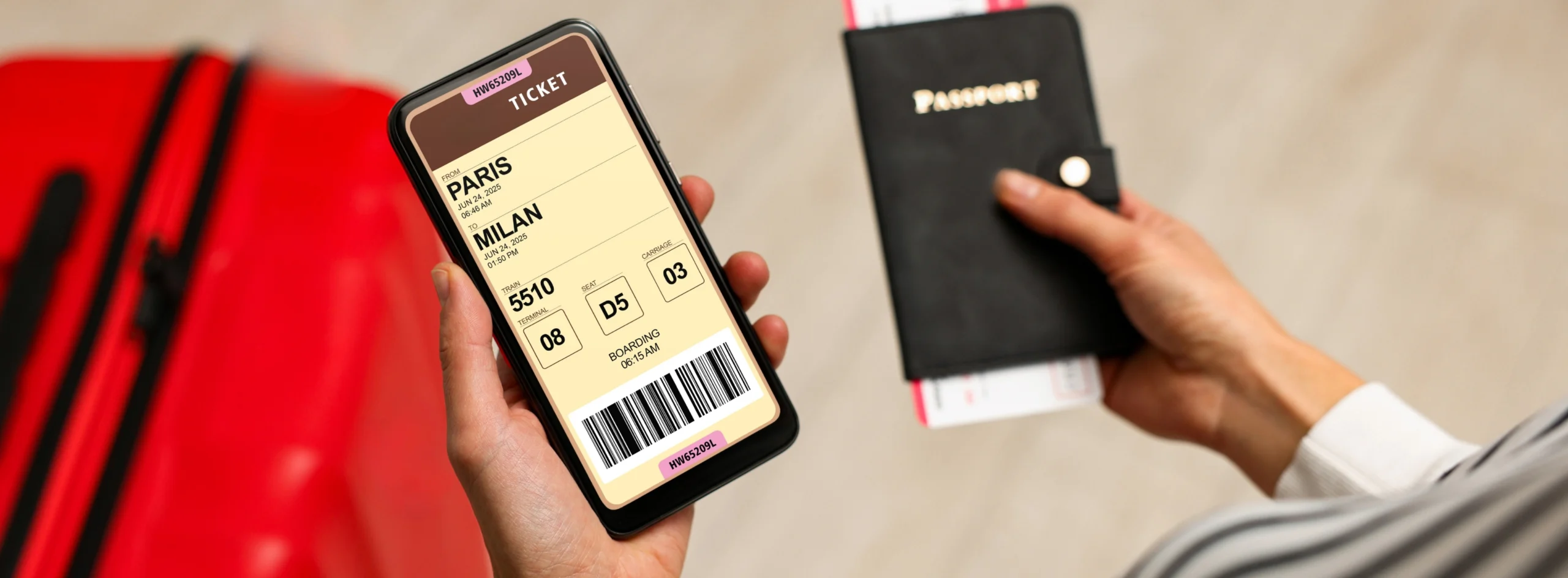Flight disruption can quickly turn from operational issues into expensive, customer-service nightmares. From rebooking the passengers to handling compensation claims, airlines have to act quickly, remain open, and maintain costs-simultaneously.
What if you were able to make these decisions smarter, not faster?
That’s where efficient passenger scoring models come in. By combining real-time passenger data, predictive insights, and automated rebooking & compensation workflows, airlines can prioritize the right travelers at the right time-while significantly reducing operational costs.
In this article, we’ll explore how modern scoring models work, why they’re a game-changer for disruption recovery, and how they integrate with airline disruption management systems to deliver both financial and customer experience wins.
Key Takeaways
- Passenger scoring models maximize business priority during disruptions, minimizing resource waste.
- Automation and scoring minimize operational expense while enhancing passenger rebooking and accommodation.
- Predictive insights and real-time communication maximize passenger experience and trigger higher NPS.
- Integration with new-generation airline disruption management solutions maximizes smarter, faster, and data-driven disruption management.
What Are Passenger Scoring Models?
Passenger scoring models are statistically driven models that enable airlines to prioritize passengers during flight disruptions according to value, priority, and disruption severity. The models take various factors into account, including:
- Loyalty status and frequent flyer tier
- Ticket type and travel class
- Flight connections and layover dependencies
- Disruption severity and likely delay
- Compensation eligibility and past behavior
Through analyzing these elements in real time, airlines can re-accommodate and rebook passengers efficiently, rather than utilizing standard first-come-first-served tactics.
Disruption Handling Challenges of Manual Re-accommodation and Compensation
Conventional disruption handling practices are usually prone to inefficiencies:
- Long delays for passengers
- Irregular compensation and rebooking decisions
- Increased operational cost resulting from higher staff workload
- Reduced passenger satisfaction and NPS
Manual methods fail in large-scale disruptions like bad weather or broad technical delays and are liable to lead the passengers to be frustrated while the operational cost increases.
How Passenger Scoring Models Minimize Operational Costs
Passenger scoring models minimize operational costs by optimizing decisions and aligning resources with passenger value. Some of the main advantages include:
- Smarter Prioritization
Prioritize business passengers with connecting flights first, for example. This avoids wasteful expenses caused by overcompensation while allowing the most important passengers to be seated smartly.
- Automated Rebooking & Compensation
With Airline compensation management software and automated rebooking & compensation solutions, scoring models enable airlines to automatically rebook passengers and provide suitable compensation.
High-value passengers could receive priority rebooking privileges and enhanced amenities
Leisure or economy passengers get flexible options in tune with cost-effectiveness
- Resource Optimization
Automating score-based re-accommodation saves airlines from the calls on call centers and operations, reducing the call center load and operational overhead. With lesser manual interventions, resolution happens quicker, saving staff costs, and reducing operational overhead.
- Predictive Passenger Treatment
Blending scoring with predictive intelligence, including flight delay predictor or flight delay and cancellation predictor software, enables airlines to forecast who needs help next and react in advance. This avoids queues, reduces passenger angst, and caps financial exposure.
Real-Time Communication Improves Passenger Scoring
Passenger scoring models perform optimally with real-time airline notification systems and computerized IROPS notification. By conveying alternative flights or compensation immediately:
- Passengers enjoy timely, personalized notifications
- Contact center volumes decrease as passengers self-serve through notifications
- Airlines build trust, even in extreme disruptions
- Data indicates that passengers who are proactively notified and prioritized score their experience much higher than those processed through generic processes.
Customer Experience and NPS Impact
Airlines using scoring models realize quantifiable gains in passenger satisfaction scores, especially in times of major disruptions and re-accommodation events.
- Faster resolution = less frustration
- Transparent, proactive communication = increased loyalty
- Personalized prioritization = increased rebooking offer and compensation acceptance rates.
- Passenger scoring doesn’t only save money—it enhances brand image, customer loyalty, and future revenues.
Integrating Passenger Scoring with New Airline Systems
To reap the benefits fully, passenger scoring needs to be integrated into flight disruption management system. The main components are:
- Automated rebooking and compensation processes (Airline passenger compensation management)
- Analytics dashboards for operational insight
- Rule-based decisioning to ensure policy adherence (Rules & Policy Management)
- Real-time notifications and passenger messaging
The integration allows for airlines to efficiently handle IROPS reaccommodation while maintaining costs within bounds.
Conclusion: VoyagerAid’s Contribution
Effective passenger scoring is changing the way airlines manage disruptions. VoyagerAid uses passenger scoring, automated rebooking & compensation, and real-time passenger messaging to curtail operational expenses, enhance recovery times, and boost customer satisfaction.
By embracing VoyagerAid, airlines develop a competitive advantage, making disruption management a proactive driver of revenue and loyalty rather than a reactive cost center.
Ready to maximize your disruption management and please passengers even in delay? Discover how VoyagerAid can assist your airline in making operational efficiency and passenger experience better today.



